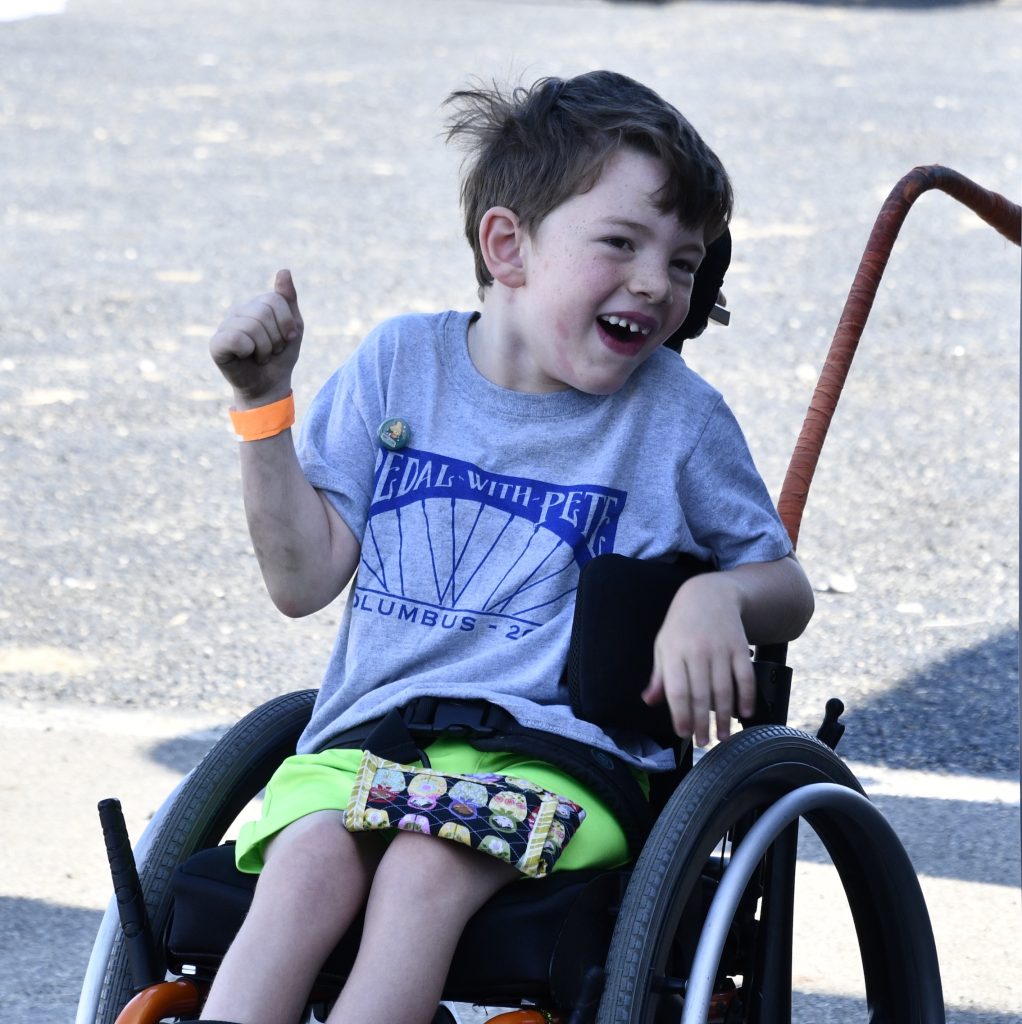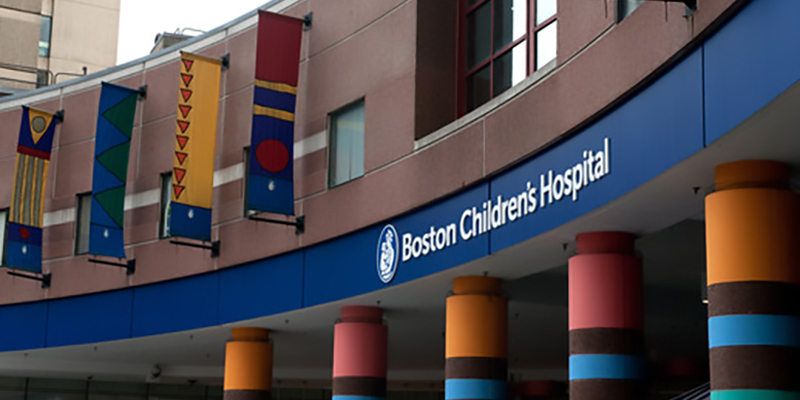Tracking Longitudinal Progression of Selective Motor Control from Infancy Through Childhood in Spastic Cerebral Palsy
Children and adults with spastic cerebral palsy frequently have reduced ability to move joints indiv…

The Pedal with Pete Foundation annually recognizes one or more recipients whose proposals most closely adhere to the directives of our mission statement:
The Pedal with Pete Foundation supports research leading to better prevention strategies, treatment protocols, or cures for cerebral palsy, as well as through other programs to improve the quality of life for people who live with cerebral palsy, their families and caregivers.
Our organization partners with the American Academy of Cerebral Palsy and Development Medicine (AACPDM) to aid in the assessment, ranking, and selection of grant requests.
The AACPDM is the premier international organization promoting excellence in research and services for the benefit of people with cerebral palsy and childhood-onset disabilities.
For information about the AACPDM Grant Process, click here.
Historically, grants have been awarded in a range of approximately $25,000 – $35,000.
Interested in applying for a grant? Please review the following information:
Grants are awarded once per year. The grant application process is handled by the AACPDM since the Pedal with Pete foundation is a small, all volunteer organization without the manpower and resources to administer the rigorous review process. We are grateful to work closely with AACPDM so that we can achieve our founder’s mission of funding cerebral palsy research.
Still have questions? Please contact Sabine Kuhn, Pedal with Pete Foundation Cerebral Palsy Research Team Leader.
In 2025, the Pedal with Pete Foundation will focus on strengthening our resources to ensure we can continue funding impactful research in the years ahead. While we are pausing new grants this year, our commitment to improving the lives of those with cerebral palsy remains strong. Your participation in our events and support this year will help us build momentum for future funding opportunities.
The principal investigator must be a member of the AACPDM and applicants should have a solid track record in childhood-onset disability research.
Researchers should submit grant requests directly to the AACPDM by mid-March to be considered to receive Pedal with Pete funding beginning in the fall. In July, the Pedal with Pete Foundation Board chooses one to three grants from a selection recommended by the AACPDM.
Grant recipients will be required to report progress semi-annually, and provide a summary of findings and future plans at the completion of the funding. Researchers are notified of their award in August or September.
Previous Grant Recipients

Children and adults with spastic cerebral palsy frequently have reduced ability to move joints indiv…

Spastic muscles of individuals with CP are usually smaller, stiffer and weaker. Recent research has …

Most common post-operative complications for CP patients are respiratory, surgical site and urinary …